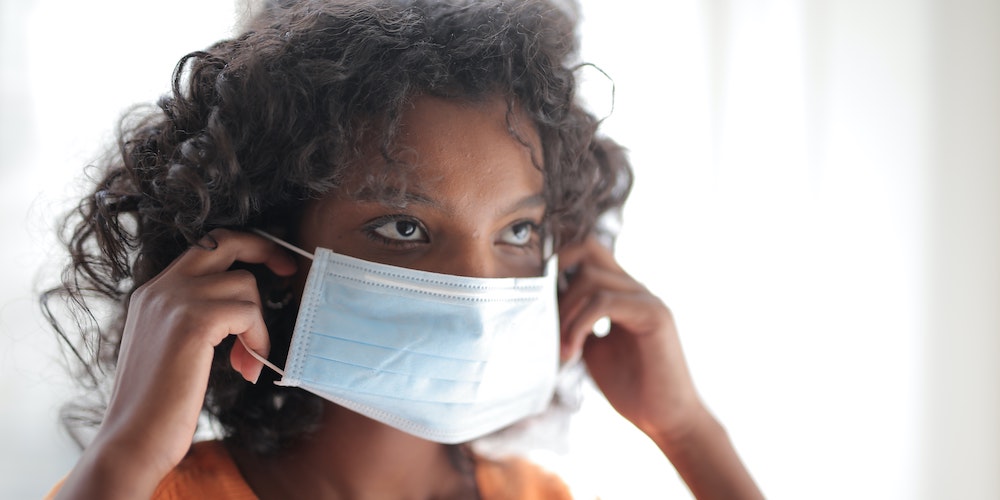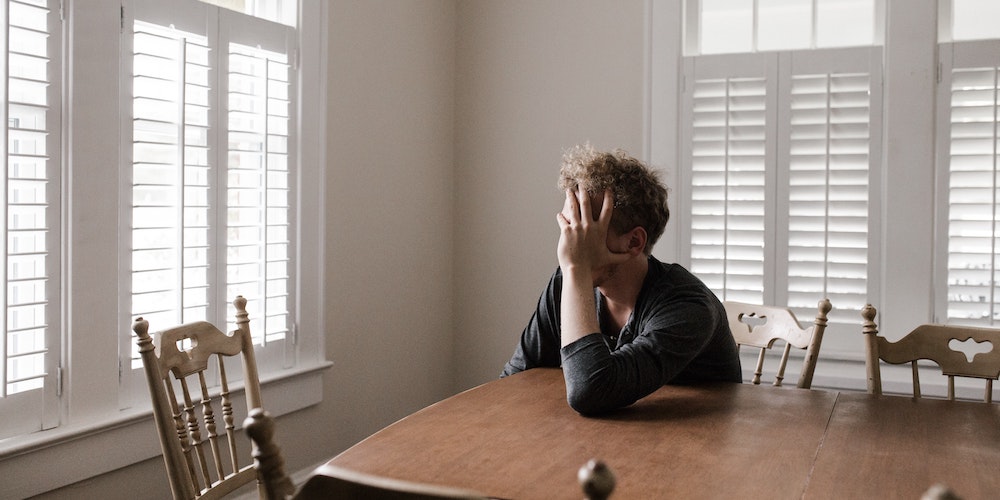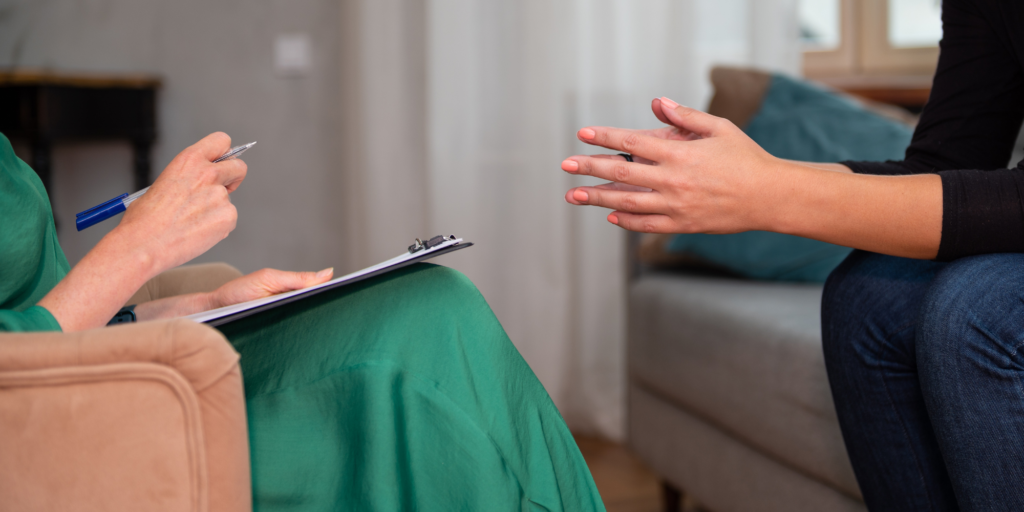3 Tips for Coping with Reopening Anxiety

For months now, we have been staying at home and keeping our distance from others as much as possible in an effort to reduce the spread of the coronavirus and its associated disease, COVID-19. While the risk of the virus remains, the economy will reopen to protect Americans from the hazards of economic collapse. While reopening may feel like a relief in some regards, it will be challenging for some to make choices about the risks they will and will not be willing to take in the face of so much uncertainty.
Since the onset of the pandemic, we have come a long way in our understanding of how the novel coronavirus spreads and the measures we can take to protect ourselves. However, much remains uncertain. This unpredictability makes it uniquely difficult to make educated decisions – decisions that we know will have implications not only for ourselves but also our loved ones, our communities, and society at large. In the face of uncertainty and with high costs at stake, reopening may bring with it a new wave of anxiety. Read on for tips for coping with reopening anxiety.
Here are three tips for coping with reopening anxiety:
1. Take stock of the risks you will and will not be willing to take
While the Centers for Disease Control can’t yet predict exactly who is and who is not the most at risk for serious complications or death from COVID-19, they have published guidelines for populations that are most likely at a higher risk. Variability in risk means that there will be individual differences in how much risk each person will be willing to take. Even those who may be at a lower risk themselves may choose to continue to self-isolate to protect at-risk loved ones, because their job brings them in close contact with a high-risk population, or because they don’t want to risk infection because of the remaining unknowns.
Continued self-isolation will not be an option for everyone, and social deprivation comes with its own mental health risks. As we reopen, we will again be allowed to gather in groups. Just because it is no longer restricted, however, does not neutralize the threat of the virus. Think about the kinds of gatherings you will and won’t be willing to attend.
Remember that some activities are higher risk than others; for example, the virus is able to spread more quickly from person-to-person in poorly ventilated indoor spaces, especially when the space is crowded, and the risk increases as more time is spent near others. Thus, some may choose to limit their visits and gatherings to outdoor only, where there is more room to spread out and ventilation is optimal.
The importance or significance of the event may also be important to consider; for example, one may decide they are willing to confront minimal risk to visit loved ones when they are able to take protective measures. When precautionary measures cannot be taken and the importance is lower, one may decide not to take the risk.
2. Get comfortable saying “no”, and be respectful when others set boundaries
When you decide that a gathering is not within your own limits of risk you’re willing to take, it will require protecting your own limits by declining. This is not easy for most people. We don’t want to be rejecting or withholding. We worry about being judged or teased for being cautious. We are especially susceptible to neglecting our own preset boundaries in precarious situations when we’re not entirely sure of our own risks and the implications of our decisions on those around us.
Keep in mind that sometimes saying “no” to a loved one is in the best interest of your relationship with that person as it protects you from building resentment when you compromise your own needs and comfort level for them.
As much as we have to get comfortable with saying “no”, we also need to practice being respectful and understanding when others set boundaries of their own. We are likely to bump up against people who feel and behave differently than we do in the wake of reopening. Here are some tips for handling different views on the pandemic.
3. Don’t neglect your mental health
If you were mostly isolated from others during lockdown, you may have found that you had little anxiety about your risk for infection because of the great deal of control you had over choosing whether to come into contact with others. As we reopen, some may experience increased health anxiety. This anxiety can manifest as preoccupation with thoughts about getting sick or frequently checking for symptoms.
This kind of vigilance over our health can be associated with increased stress hormones that are really only meant to help us combat short-term threats. Chronic stress can lead to other downstream health problems like depression, anxiety, and ironically, a weakened immune system. As we begin to reopen, it will be imperative that you continue to take care of your mental health just as much as your physical health. To start, remember the basics of taking care of yourself: exercise as much as you can, get enough sleep, eat plenty of healthy foods, stay socially connected in whatever way you feel comfortable, and find help if you need it.
These fundamentals make up the imperative foundation of both your physical and mental wellbeing. Click here to learn more about tips for improving your mental health during the pandemic.
Great Lakes Psychology Group values access to mental healthcare for all, and we believe that getting started with therapy should be simple. Book an appointment instantly at findmytherapist.com.
Ready to prioritize your mental health?
Great Lakes Psychology Group is here to help. With an extensive network of caring therapists available to meet online or in-person, we make it easy to find the right fit for your unique needs.



